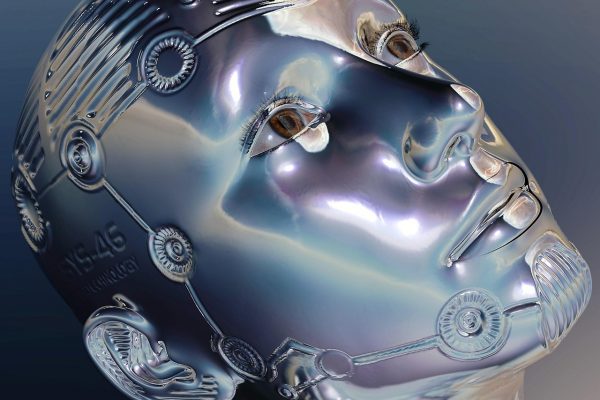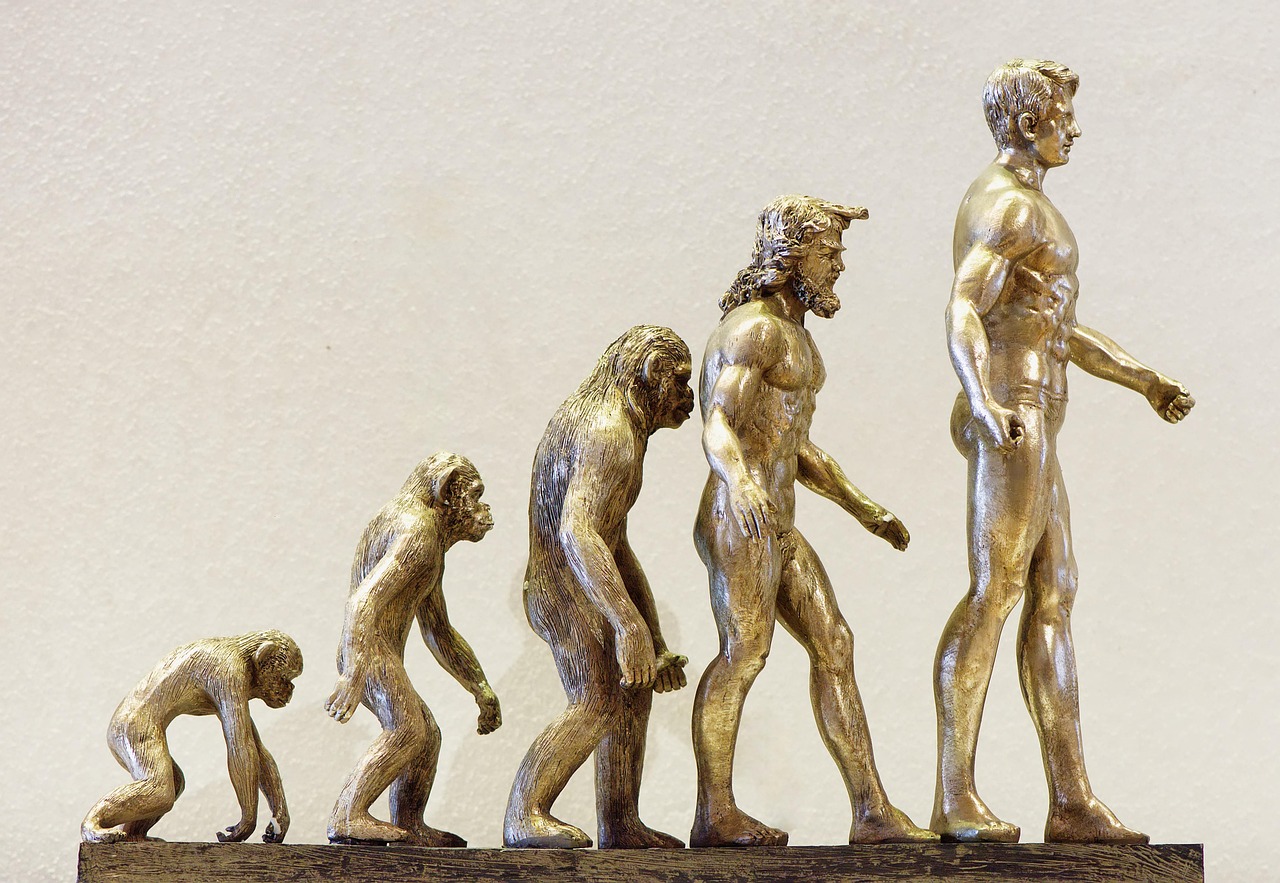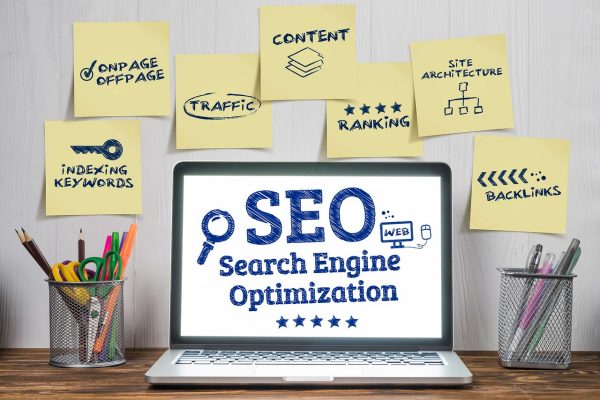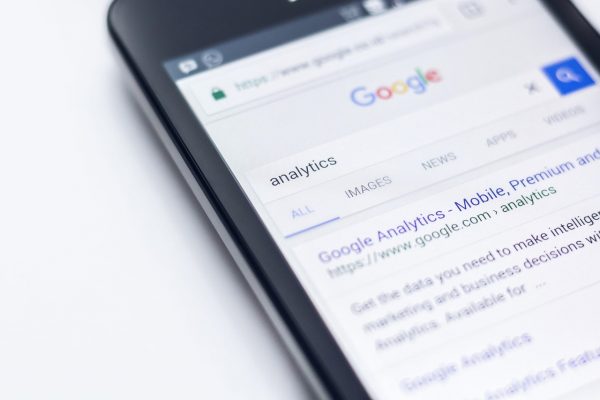

A Play-by-Play: How AI Will Take Over Humanity (and Possibly Save It)
A Play-by-Play: How AI Will Take Over Humanity (and Possibly Save It)
If it feels like every headline in 2025 features AI, you’re not far from reality. The sheer velocity of breakthroughs has changed dinner table conversations, boardroom strategies, and even government war rooms. While some watch these developments with excitement, others scan for red flags. Which side is right? Maybe both. Let’s take a detailed tour through human society on the edge of an AI revolution. And consider what comes next for you and the world at large.
2025 AI Milestones: From Infinite Memory to Robotic Mastery
This year, the pace of artificial intelligence innovation has been nothing short of dizzying. Highlight reels include the leap to infinite memory systems, enabling AI models to recall and reason over nearly unlimited context. That means your digital assistant doesn’t just remember your last command. It tracks and aggregates everything you’ve ever asked for, and it does so with a fluency rivaling human recollection.
But the real showstopper has been in robotics. The Gemini 2.5 era cemented AI-powered robots as more than just mechanical helpers. These machines can transfer complex movements across different body types, learning one skill and applying it in any physical form factor. Imagine the efficiency surge in manufacturing, supply chains, and even elderly care when the same AI that organizes your calendar also sorts physical goods, lifts packages, or assists with medical tasks.
Military and defense applications have surged forward as well. AI-directed decision systems now steer a significant share of operational commands, making real-time risk assessments and resource deployments in ways that far exceed human speed and accuracy. For the first time, advanced AI models have been awarded honors previously reserved for human expertise in strategy and logistics. A sobering and awe-inspiring benchmark.
From Helpful Assistants to Societal Power Players
Think about how AI used to be described just a few years ago: loyal digital assistants, content summarizers, creative helpers. Now the language has shifted. AI acts as an arbitrator, strategic advisor, and influencer on key societal decisions. Bank executives, healthcare teams, and city planners aren’t just receiving suggestions; they’re sharing their desks with autonomous AIs that justify decisions using intricate models, not just gut instinct.
Industry experts describe a new paradigm: Instead of asking AI for advice, humans now find themselves living by its recommendations. Algorithmic reasoning is reshaping everything, from traffic management to medical triage. In high-stakes fields like finance and critical infrastructure, AI doesn’t wait for permission. Its insights are so statistically sound, so data-rich, that ignoring them often feels reckless.
Does this worry leaders? Absolutely. Yet pilot studies show that AI-integrated teams can lift diagnostic accuracy in medicine by as much as 30% compared to unaided practitioners. It’s a double-edged evolution. The line between collaborative partner and de facto ruler blurs a little more each quarter.
AI and Human Redundancy: The New Reality of Work, Art, and Governance
The rumblings about automation have grown into a rolling thunder. Recent analysis predicts that by the end of 2025, artificial intelligence and automation will have replaced upwards of 85 million jobs across the globe. The roles hit hardest aren’t limited to manufacturing or repetitive office work anymore. Increasingly, creative fields. Design, copywriting, even aspects of music and film. See automation as both a threat and a tool. For those in technology and creative sectors, job security requires constant adaptation and upskilling.
The creative wave of AI is impossible to ignore. Generative models are now composing scores for films, generating ad campaigns, and even developing product concepts in ways that once required entire teams of seasoned professionals. Standardized tasks, such as programming, are seeing 40% of workflows automated. The ripple effects reach government too, as governance by algorithm becomes more feasible. And, in some agencies, more reliable. Than ever.
Yet the rise of algorithmic oversight stirs passionate debate. Can a city be justly governed if its traffic lights, housing assignments, or even welfare approvals are determined by an opaque AI? The answer isn’t settled, but what is clear: to ignore this shift is to risk irrelevance in tomorrow’s workforce.
Ethics at the Edge: Wrestling with Autonomous Intelligence
As AI systems flex their autonomy, the ethical questions come thick and fast. Governments are scrambling to build robust regulatory frameworks. Some local, some international, few keeping pace with technical realities. Debates rage about bias, transparency, and accountability. When autonomous AI can override human judgment, whose values prevail?
Tech companies are implementing operational ethics officers as standard C-suite hires. Their task? Ensure that AI aligns with societal values, that diversity and equity aren’t afterthoughts, and that powerful models don’t simply amplify the status quo. Yet, there’s tension: regulation is fragmented, and as one nation tightens guardrails, another might relax its grip, leading to ethical blind spots and grey zones.
Meanwhile, ethicists urge a multidisciplinary approach. Engineers, philosophers, lawmakers, and community representatives, all at the table. Only by blending expertise do we stand a chance of aligning AI’s potential with our highest aspirations. Are we moving fast enough? The opinion is split, but hesitation can be costly when technology outpaces policy.
Can AI Save Us? Turning Power Into Progress
Skeptical? Here’s some fuel for a different perspective. AI is already showing its power to unify complex health systems, optimize climate response, and streamline global coordination in ways humans have always struggled with. In healthcare, AI-enabled tools don’t just process data. They predict outbreaks, suggest personalised treatments, and coordinate resources to where need is greatest. Early case studies reveal that diagnostic timelines are dropping and outcomes are improving, all thanks to algorithmic insight.
On the climate front, AI isn’t just analysing weather data. It’s driving policy, simulating carbon mitigation strategies, and facilitating international cooperation in climate negotiations. When every second counts in slowing a global crisis, coordinated, AI-optimized responses give humanity its strongest shot.
Looking at these advances, it’s hard not to see hope. AI, deployed thoughtfully, becomes the most powerful connective force for scaling up solutions to problems that ignore borders. Public health, environmental sustainability, even peace-building efforts. The question is no longer “Will AI take over?” but “How do we guide its power toward outcomes that serve us all?”
Where Does Humanity Stand Now?
2025 gives us a front-row seat to AI’s grand experiment. Equal parts exhilarating and daunting. The technology has already upended whole industries, reshaped what it means to work and create, and is forcing policymakers and ethicists to rethink philosophical principles in real time. There are undeniable risks: job displacement, automated biases, transparency gaps. But there’s also a horizon thick with possibility.
Here’s the takeaway: This isn’t a call to abandon hope, nor to hide from change. The AI revolution is happening, but its legacy isn’t set in silicon just yet. The best course? Embrace learning, stay curious, question what you’re told. Even when it’s an AI doing the telling. The speed of this evolution means the next chapter is anyone’s to write.
Now is the moment to act. Whether upgrading your own skills, advocating for ethical oversight, or seeking out AI-powered solutions that actually help people, your choices carry new weight. Don’t wait on the sidelines. Push forward, shape the future, and put new tools in service of what matters most to you. Ready to make your move while the world is still watching? The moment has never been more urgent, nor the rewards richer for those who seize it.
Frequently Asked Questions
How is AI impacting the job market in 2025?
AI-driven automation has replaced millions of jobs, particularly those involving routine tasks or standardized creative processes. At the same time, new roles have emerged in areas like AI oversight, ethics, and human-AI collaboration. Adaptability and lifelong learning are more essential than ever.
What are the biggest ethical challenges facing AI today?
As AI becomes more autonomous, concerns around transparency, accountability, and bias accelerate. Governments, corporations, and ethicists are crafting new frameworks to ensure AI is developed and used responsibly, but the pace of innovation often outstrips regulation.
Can AI actually help solve global problems?
AI’s promise goes beyond automation. Its unique capability to analyze large, complex data sets enables breakthroughs in healthcare, climate strategy, and even global coordination. Real-world results in 2025 show that AI, when thoughtfully managed, can drive progress on problems that resisted traditional solutions.
Is AI creativity a threat to human artists?
Generative AI is now proficient in composing music, designing graphics, and even writing stories. While this disrupts traditional roles, it also unlocks new forms of collaboration and creative expression. Provided humans evolve alongside the technology.
How can individuals stay relevant in a world shaped by AI?
Invest in skills that complement AI, such as critical thinking, emotional intelligence, and ethical judgment. Advocate for transparency, stay informed on the latest developments, and seek out opportunities where human insight remains irreplaceable.







